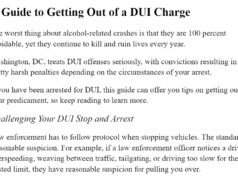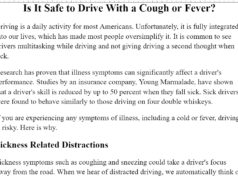SPONSORED CONTENT
Kratom, the plant-based herbal supplement that has become a lightning rod in the opioid crisis, has come under FDA scrutiny, leading the agency to issue a warning to users and asking manufacturers to stop distributing the product for sale.
Kratom has become popular in the United States in the last few years for what supporters claim is its ability to provide an alternative to opioid use and to assist individuals in beating an opioid addiction, along with relief from anxiety and depression, among other conditions. The supplement is derived from a plant grown in Thailand, Malaysia, Indonesia, and Papua New Guinea, and the plant is a part of the coffee plant family.
“Products like Kratom straddle the fence between a loosely-regulated supplement and a heavily-regulated drug,” said Palm Beach County personal injury attorney Sean Domnick with the law firm Domnick Cunningham & Whalen. “They become successful products because users begin touting the medical benefits of the product, and the producer does nothing to counter those user claims, because they are not responsible for those statements and the statements continue to drive product sales.”
Kratom is marketed currently as a dietary supplement, which means that its claims do not have to be proven to the FDA. However, if the product is sold claiming it has a medicinal effect, the FDA will require that it go through the same drug approval process as any other medicine. Recently however, the FDA concluded that several of the compounds in kratom were opioids and therefore dangerous to consumers. Specifically, the FDA connected the use of kratom to the deaths of 44 individuals in the United States since kratom was introduced. The FDA has also been monitoring a salmonella outbreak across 20 states that has been connected to kratom production.
Considering this, the voluntary destruction and recall of numerous kratom-containing dietary supplements was issued for products sold under the names Botany Bay, Enhance Your Life, and Divinity by Divinity Products Distribution. The FDA’s conclusion that these kratom-containing products are a risk to the public opens the door to questions about product liability. What did the producers of kratom-containing products know about the possible impact of their products on the health of users? Now that the FDA has made these connections and reached these conclusions, producers of kratom-containing products risk lawsuits in the event of adverse events. “If you have taken Kratom and have had health issues that you believe are a result of the product, you need to inform the FDA immediately,” said Domnick.











![Saturday News: “Trump’s latest tariff TACO probably won’t make your life more affordable”; “The Epstein Email Cache: 2,300 Messages, Many of Which Mention Trump”; “[MTG] questions if Trump is still the ‘America First’ president”; “Jim Ryan tells all: ‘What did the Governor know, when did he know it?’”](https://bluevirginia.us/wp-content/uploads/2025/11/montage1115-100x75.jpg)

